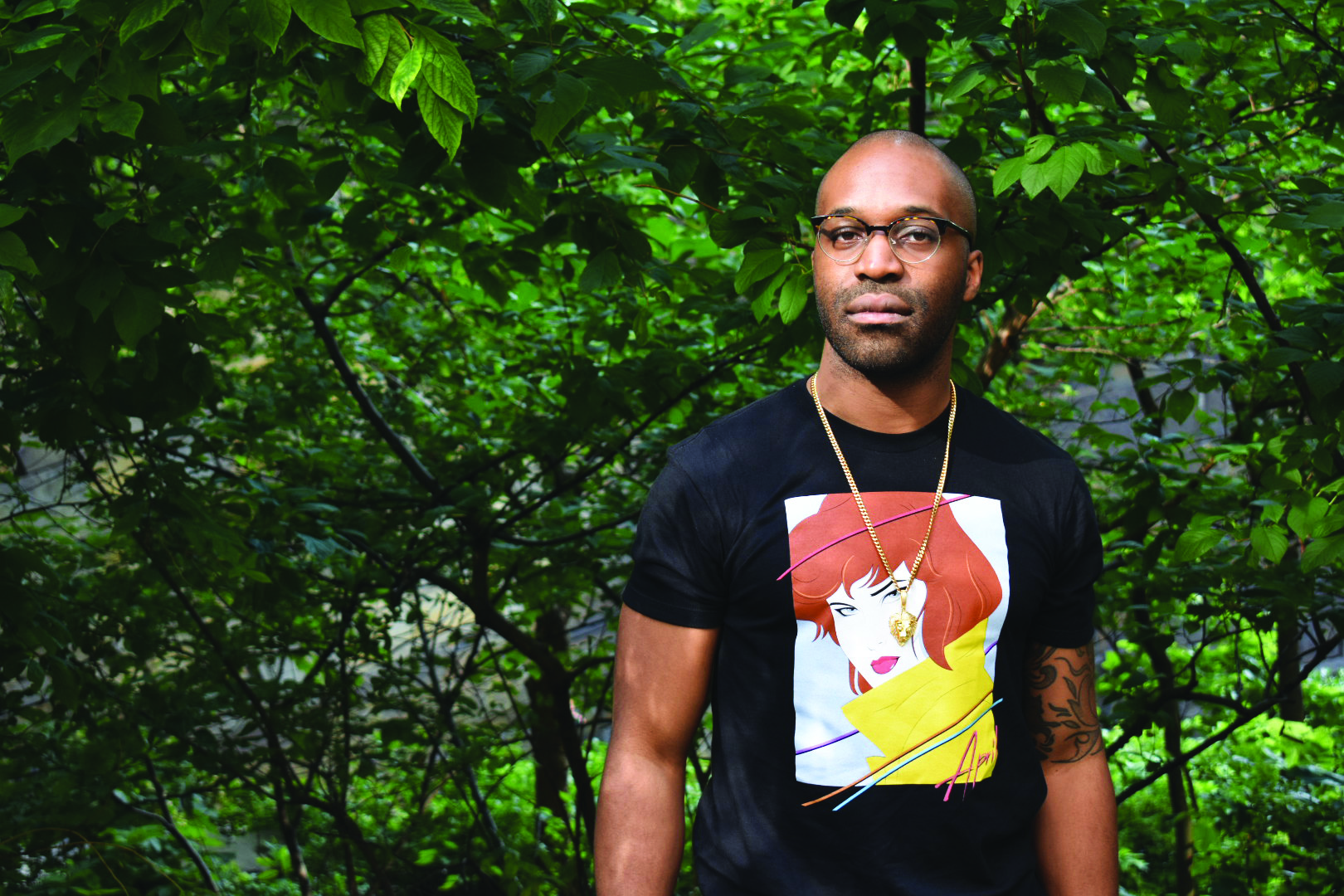
Courtesy of Tochi Onyebuchi
Tochi Onyebuchi ’09, author of three young adult fantasy novels, published his adult fiction debut, “Riot Baby” on Tuesday.
The book traverses American history from the late Jim Crow period to the near future through the story of Ella and Kev, two siblings who experience the repercussions of police brutality and mass incarceration while developing superpowers.
“The powerful thing about science fiction and fantasy is that they can operate as metaphor and reality simultaneously,” Onyebuchi said, “it engages the imagination in a way that other genres definitionally can’t.”
The novel starts with the 1992 Los Angeles riots, which occurred after a trial jury acquitted four officers of the Los Angeles Police Department for usage of excessive force in the arrest and beating of Rodney King. The arrest was videotaped and widely viewed in television broadcasts. Onyebuchi recalled seeing video footage of the beating on TV as a child, and, through discussions with his editor, discovered that this event was the perfect starting point for his novel.
According to Onyebuchi, the genre of speculative fiction allowed him to create characters whose experiences could encapsulate a wider range of history while preserving a coherent narrative.
“What struck me from the very beginning about this book is that it felt like it contained entire histories in a very lean volume, said Ruoxi Chen, Onyebuchi’s editor. “Tochi uses both the genre and the novella format fearlessly to achieve this … [His] imagistic prose allows him to move effortlessly between voices and timelines.”
According to Onyebuchi, the original idea for “Riot Baby” preceded the publication of his young adult novels. Onyebuchi said he felt that everything he had written before trained him for this story and added that completing this project “feels like a homecoming.”
Fiction writing has always been a way for Onyebuchi to make sense of his academic work. While he was a political science major at Yale, writing a crime thriller set in the Balkans helped him navigate the concepts of sovereign debt and capital flows.
According to Onyebuchi, “Riot Baby” drew heavily from his work amongst the incarcerated. A section of the novel is set in Rikers Island, home to New York City’s main jail complex. Onyebuchi said his experiences working with a prisoners’ rights organization in Palestine, the mass incarceration clinic at Columbia Law School and the New York State Attorney General’s office contributed to his understanding of criminal justice and mass incarceration.
“Everything that I have studied and experienced is material for my writing,” Onyebuchi said.
Onyebuchi added that “Riot Baby” resulted from his personal turmoil after the deaths of Michael Brown and Eric Garner and the non-indictments of officers Darren Wilson and Daniel Pantaleo. Onyebuchi said that he spent a lot of time feeling angry and powerless, and writing was his response to the recurring images of black death. Onyebuchi said he wrote the book with the explicit intention to decenter the white experience.
Onyebuchi cited N.K. Jemisin’s “Broken Earth” trilogy as a “huge moral and emotional inspiration” for his book. According to Onyebuchi, “Broken Earth” was one of the first works of speculative fiction that was “explicitly and viscerally angry.” The story depicted “unmistakably black characters” whose anger against a repressive system felt justified by the story’s authorial presence. The cathartic experience of seeing anger on the page inspired “Riot Baby.”
“Science fiction is a genre that’s long been rooted in colonialism, so it’s always a challenge to write and publish science fiction that looks its own history in the eye,” Chen said, “Tochi does it.”
Onyebuchi said he already has plans for future writing, including plans for a novel set in New Haven which will draw on the contrast between Yale and the rest of the city.
Eric Simpson ’11, who knew Onyebuchi as an undergraduate, noted Onyebuchi’s “radiant warmth in his personality” and calming presence.
Onyebuchi is also the author of “Beasts Made of Night,” “War Girls” and “Crown of Thunder.”
Carrie Zhou | pinyi.zhou@yale.edu







